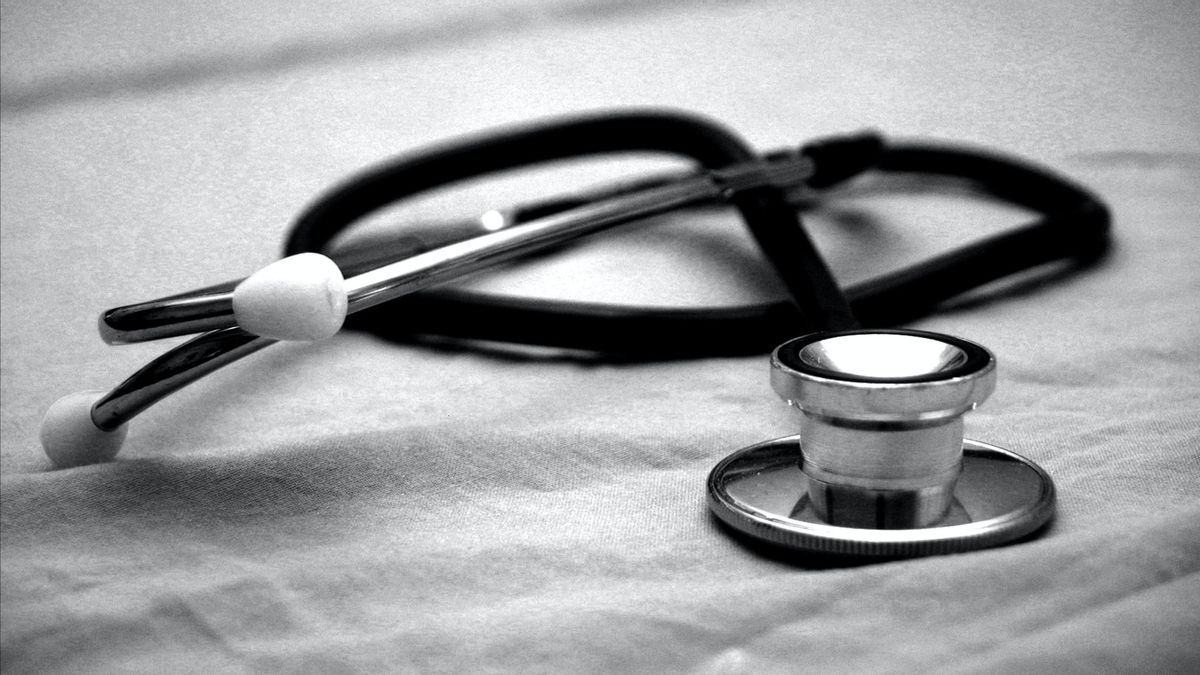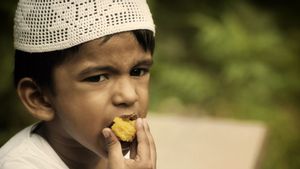LONDON - The World Health Organization (WHO) said continued transmission of monkeypox around the world could allow the virus to begin transferring to high-risk groups, such as pregnant women, immunocompromised people and children.
"I am concerned about continued transmission because it would indicate that the virus is self-establishing and can transfer to high-risk groups including children, immunocompromised people and pregnant women," said WHO Director-General Tedros Adhanom Ghebreyesus. Wednesday, June 29.
The WHO is investigating reports of children infected with monkeypox, including two cases in the UK, as well as following up on reports in Spain and France. None of the cases in children were severe.
The virus has now been identified in more than 50 new countries outside of the countries in Africa where it is endemic.
Cases are also increasing in those countries, said the WHO, which is calling for increased testing.
Since the outbreak began in May, there have been more than 3,400 cases of monkeypox and one death.
Most of the cases reported in Europe, including men who have sex with men, according to a WHO count.
This year, there have also been more than 1,500 cases and 66 deaths in countries where the spread is more common.
Last week, the WHO ruled that monkeypox did not represent a public health emergency requiring the highest level of vigilance.
However, Tedros said the WHO was tracking the outbreak closely and would recall the committee "as soon as possible" to assess whether this was still the case.
The WHO is also working on a mechanism to distribute the vaccine more equitably, after countries including the UK and the United States suggested they would share their stockpiles of the smallpox vaccine, which also protects against monkeypox.
The English, Chinese, Japanese, Arabic, and French versions are automatically generated by the AI. So there may still be inaccuracies in translating, please always see Indonesian as our main language. (system supported by DigitalSiber.id)













